13 Industries That Could Face Job Losses Due to Tariffs
Factories are slowing down, and farmers are feeling the impact as tariffs continue to affect key industries in 2025. Workers across the country are feeling these changes. Here are a few jobs at risk due to the ongoing tariff issues.
Automotive Industry

Credit: Reddit
In 2025, a 25% tariff on imported cars and parts will significantly cost American automakers—$108 billion in extra expenses this year alone. This financial pressure has led Volvo to lay off 800 workers in Pennsylvania, Virginia, and Maryland.
Apparel/Textile Industry
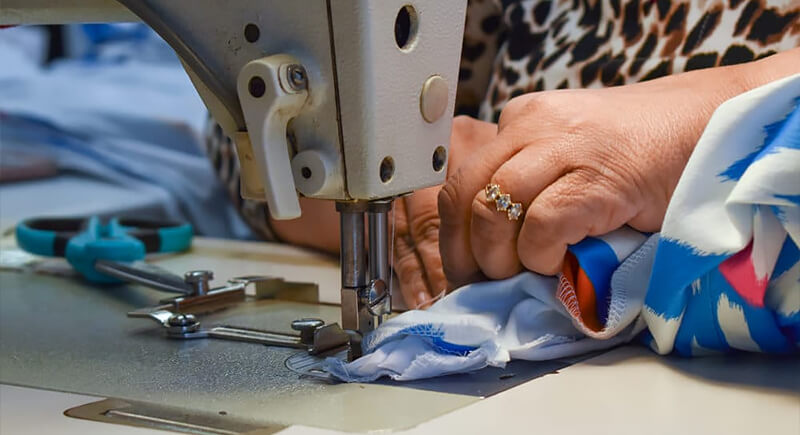
Credit: Reddit
U.S. apparel tariffs have increased to 14.6%, leading fashion companies to face an extra $11.9 billion in costs last year. In the Carolinas, textile jobs are seeing a modest rebound, though automation limits growth. Meanwhile, countries like Madagascar and Lesotho are experiencing significant job losses as U.S. tariffs pressure their textile industries.
Plastics Manufacturing Industry
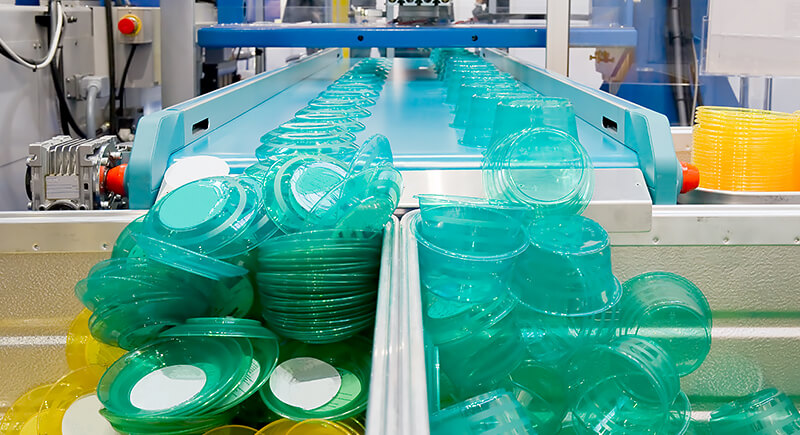
Credit: iStockphoto
Plastic might be everywhere, but making it just got a whole lot harder. New U.S. tariffs pushed the effective rate to 22.5%, the highest since 1909, and production costs are ballooning fast. Companies like Zeon are halting big investments. Consumer prices are already up 2.3%, and the plastics industry is feeling the squeeze.
Aerospace Industry
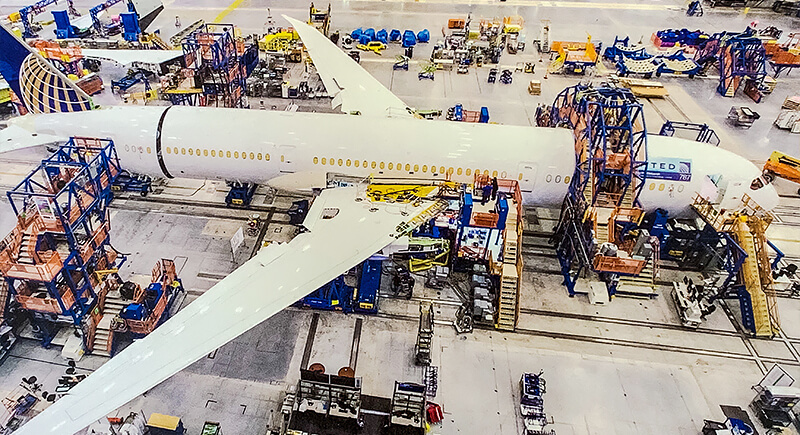
Credit: flickr
Boeing watched two shiny 737 MAX jets bounce back from Chinese buyers after being slapped with a jaw-dropping 125% tariff. RTX Corporation’s metal costs could drag profits down by $850 million, and GE Aerospace is juggling rising expenses and slower engine part deliveries.
Poultry Industry
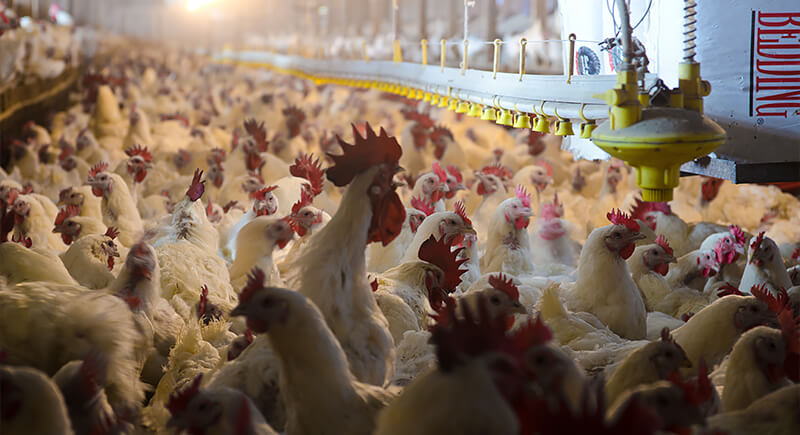
Credit: flickr
Trade tensions are ruffling feathers in America’s poultry industry. China is slapping a towering 140% tariff on U.S. poultry, and what was once a thriving export route has suddenly gone quiet. Canceled orders have left producers scrambling, and imported feed and equipment have a higher price tag.
Agriculture/Farming Industry
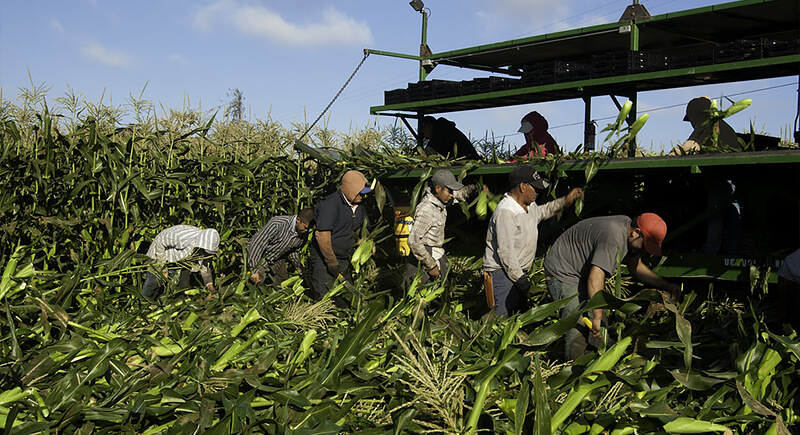
Credit: flickr
Tariffs are slicing through profits, with U.S. agricultural goods facing a 125% hit overseas and Chinese imports carrying a 145% price hike. The future for vegetable farming—and the jobs tied to it—is starting to look a lot less green.
Beverage Industry
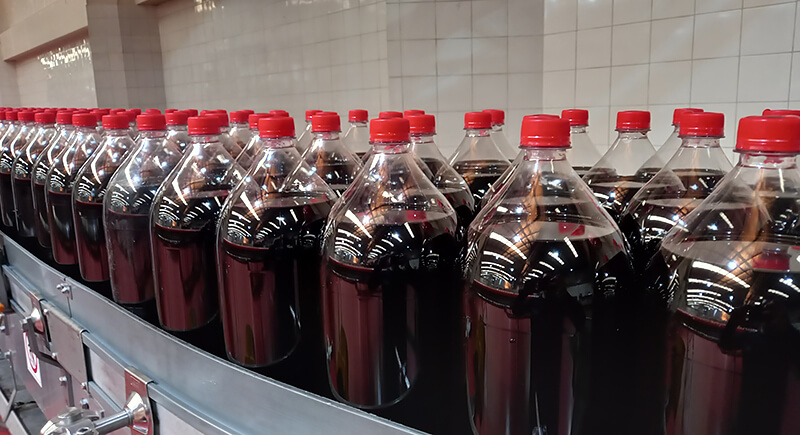
Credit: iStockphoto
A steep 25% tariff on imported aluminum has sent can prices soaring, and Coca-Cola is eyeing a significant switch to plastic bottles to dodge the extra costs. That pivot could ripple through the entire supply chain. Meanwhile, the Beer Institute warns that this aluminum price spike could drain $347.7 million from the industry.
Food Manufacturing Industry
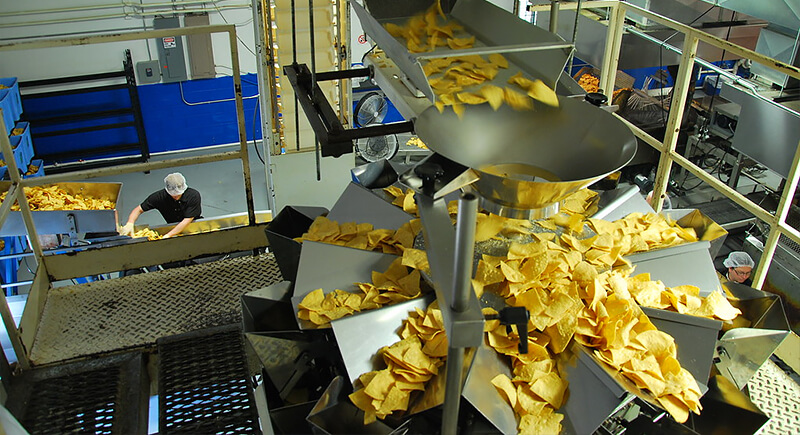
Credit: flickr
Once riding high on 1.1 billion pounds of exports, Wisconsin cheesemakers are watching key markets like Canada and China tighten up. Snack food companies are getting squeezed, too, as rising aluminum prices and a cocoa shortage from West Africa drive up production costs.
Wine Industry
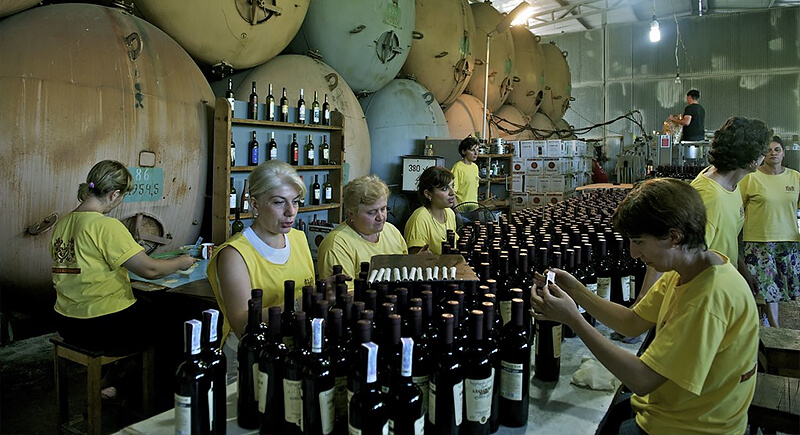
Credit: flickr
A proposed 200% tariff on European wines could shock the $4.2 billion US-EU wine trade and nudge domestic producers to intervene. In California and New York’s Finger Lakes, wineries are hustling toward sustainability with solar panels and soil innovation.
HVAC Manufacturing Industry
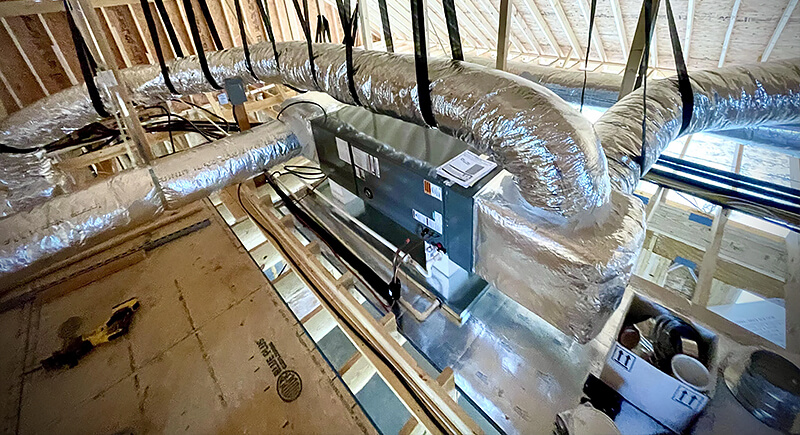
Credit: Reddit
Building a simple air conditioner is turning into a high-stakes juggling act. Tariffs on imported steel and aluminum have sent material costs soaring, and HVAC manufacturers are pinching pennies and weighing tough staffing decisions. Delays in critical components are jamming supply chains and frustrating contractors relying on fast deliveries.
Medical Instruments Industry
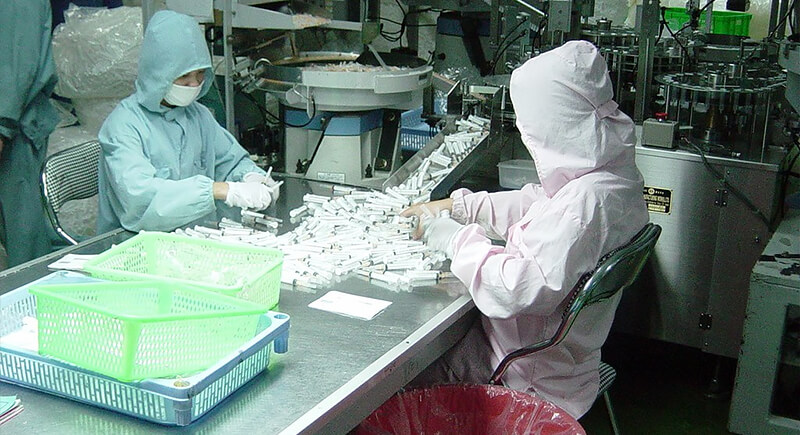
Credit: flickr
A universal 10% tariff on imports has thrown a wrench into the production costs of surgical tools and high-tech medical gear. The pressure is mounting across factory floors, research labs, and healthcare centers.
Retail/Small Business

Credit: flickr
Small business owners are getting creative just to stay in the game. Marc Bowker at Alter Ego Comics has seen supplier costs shoot up 34%. Meanwhile, Stonemaier Games is gearing up for a courtroom battle after facing $1.5 million in tariff-driven losses.
Steel Manufacturing Industry
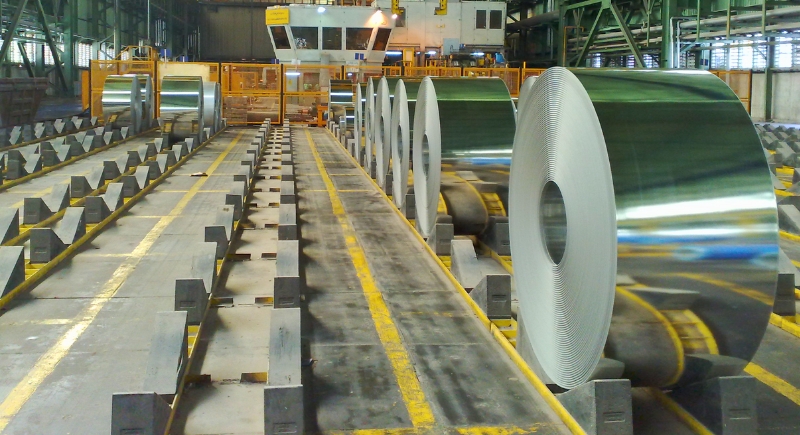
Credit: Wikimedia Commons
Tariffs have helped ramp up American metal production, yet the higher costs are squeezing industries that depend on affordable materials. After demand slowed, Cleveland-Cliffs, one of the country’s steel giants, laid off more than 1,200 workers in Michigan and Minnesota. While some factories are hiring, experts warn the ripple effect could wipe out half a million jobs.
Paper Manufacturing Industry
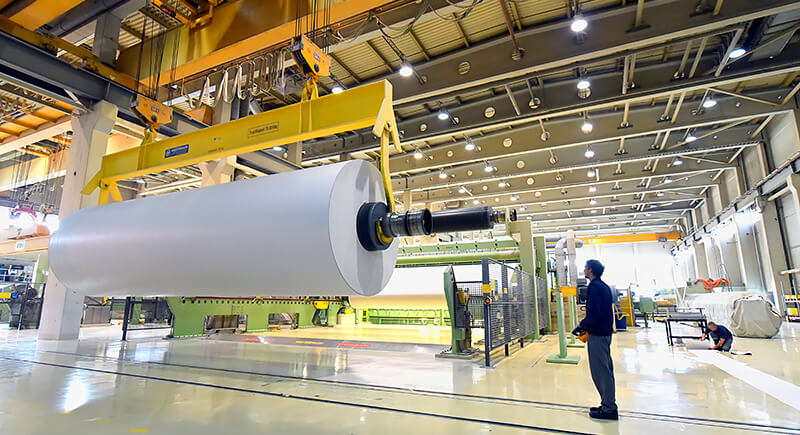
Credit: iStockphoto
Pallets of paper and boxes might look business as usual, but the paper industry is under real pressure. Fresh tariffs on imports from Canada and Mexico are shaking up cross-border supply chains that took years to build.
Construction Industry
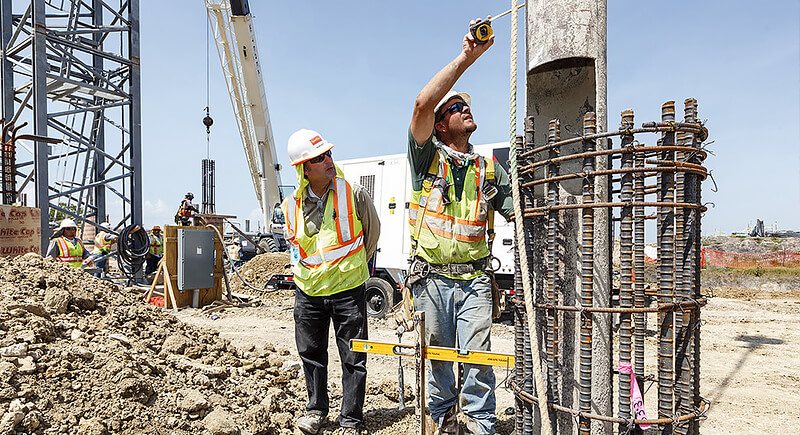
Credit: flickr
The Architecture Billings Index has stayed under 50 for 11 straight months. Since mid-2023, over 4,100 jobs have vanished, with the Northeast feeling the sharpest sting. Tariffs on steel, aluminum, and lumber have bumped up construction costs.